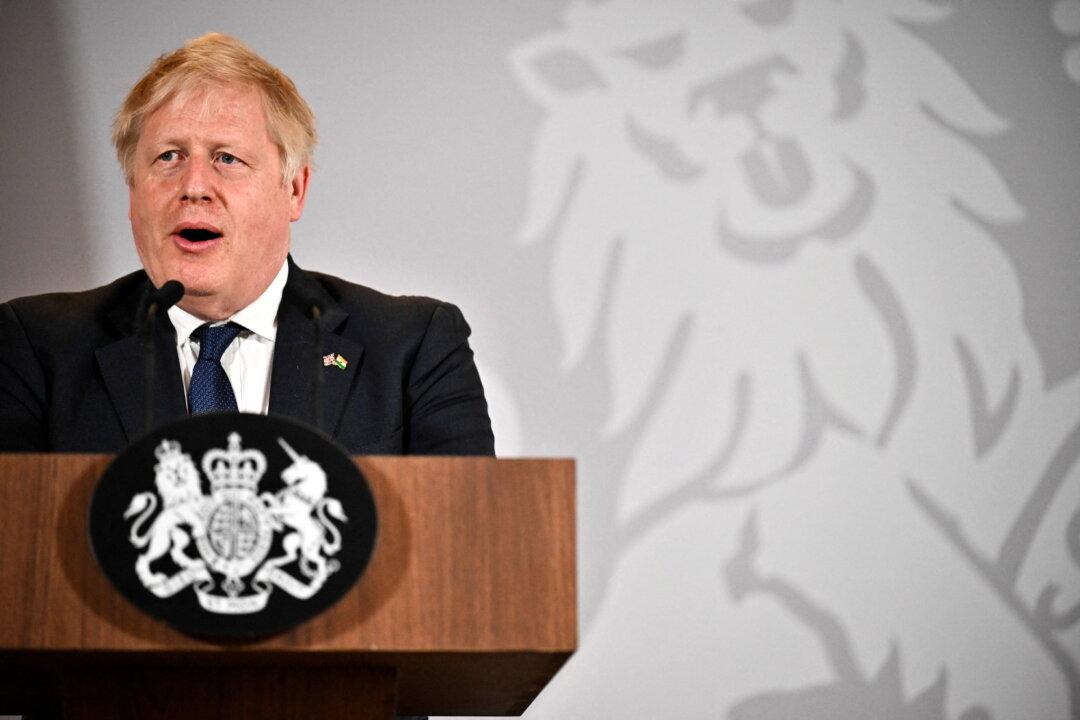Prime Minister Boris Johnson could face another confidence vote as the treasurer of the powerful committee representing Tory backbenchers hinted at rule change in the wake of a double by-election defeat.
Sir Geoffrey Clifton-Brown said on Friday that Johnson would have to convince Conservative MPs that he shouldn’t be replaced.





